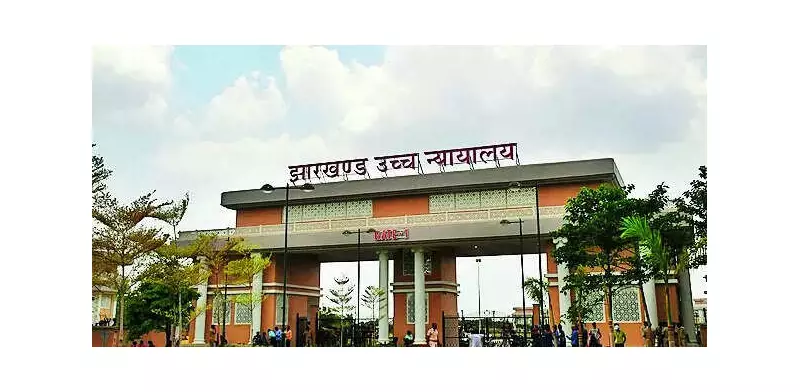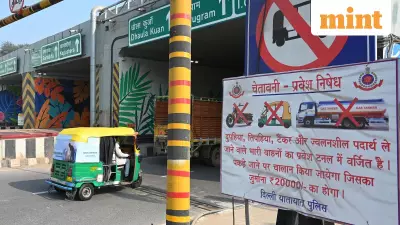
Jharkhand High Court Issues Ultimatum on PESA Rules Implementation
The Jharkhand High Court has taken a firm stance on the long-pending implementation of the Panchayat Extension of Scheduled Areas (PESA) Act, directing the state government to file a comprehensive status report within three weeks. This development comes as a significant step toward protecting tribal rights in scheduled areas of the state.
Legal Battle for Tribal Rights
A division bench comprising Chief Justice Tarlok Singh Chauhan and Justice Rajesh Shankar issued this directive while hearing a contempt petition filed by the Adiwasi Buddhijeevi Manch. The petition sought immediate implementation of PESA rules in compliance with the court's previous order dated July 29, 2022.
The historical context reveals a prolonged delay in implementing this crucial legislation. The PESA Act was enacted in 1996 by the Union Government specifically for protecting the rights of tribal communities living in scheduled areas. Despite Jharkhand's formation in 2000 after bifurcation from Bihar, the rules have never been effectively implemented in the state.
Government's Repeated Failures
The court's previous order had granted the state government a two-month timeframe to frame and implement the PESA rules. However, the government failed to meet this deadline, prompting the Adiwasi Buddhijeevi Manch to file the contempt petition.
During the recent hearing, Additional Advocate General Sachin Kumar presented the government's position, revealing that the rules had been presented before the cabinet coordination committee. The committee identified certain anomalies in the proposed rules and consequently returned them to the Panchayati Raj department for necessary rectifications.
Kumar assured the court that once the department completes the corrections, the rules would be presented again before the cabinet coordination committee for further processing and eventual implementation.
Historical Delays and Current Expectations
The struggle for PESA implementation in Jharkhand has been marked by repeated delays and unfulfilled promises. Draft rules were initially prepared in 2019 and subsequently revised in 2023, yet neither version saw actual implementation. This persistent failure led the Adiwasi Buddhijeevi Manch to file a public interest litigation, seeking judicial intervention to enforce tribal rights.
The current court order represents a crucial milestone in this legal battle. By demanding a status report within three weeks, the judiciary has demonstrated its commitment to ensuring that the state government accelerates the implementation process and addresses the long-standing demands of tribal communities.
This case highlights the ongoing challenges in translating legislative protections into practical realities for India's tribal populations, particularly in states with significant scheduled areas like Jharkhand.





